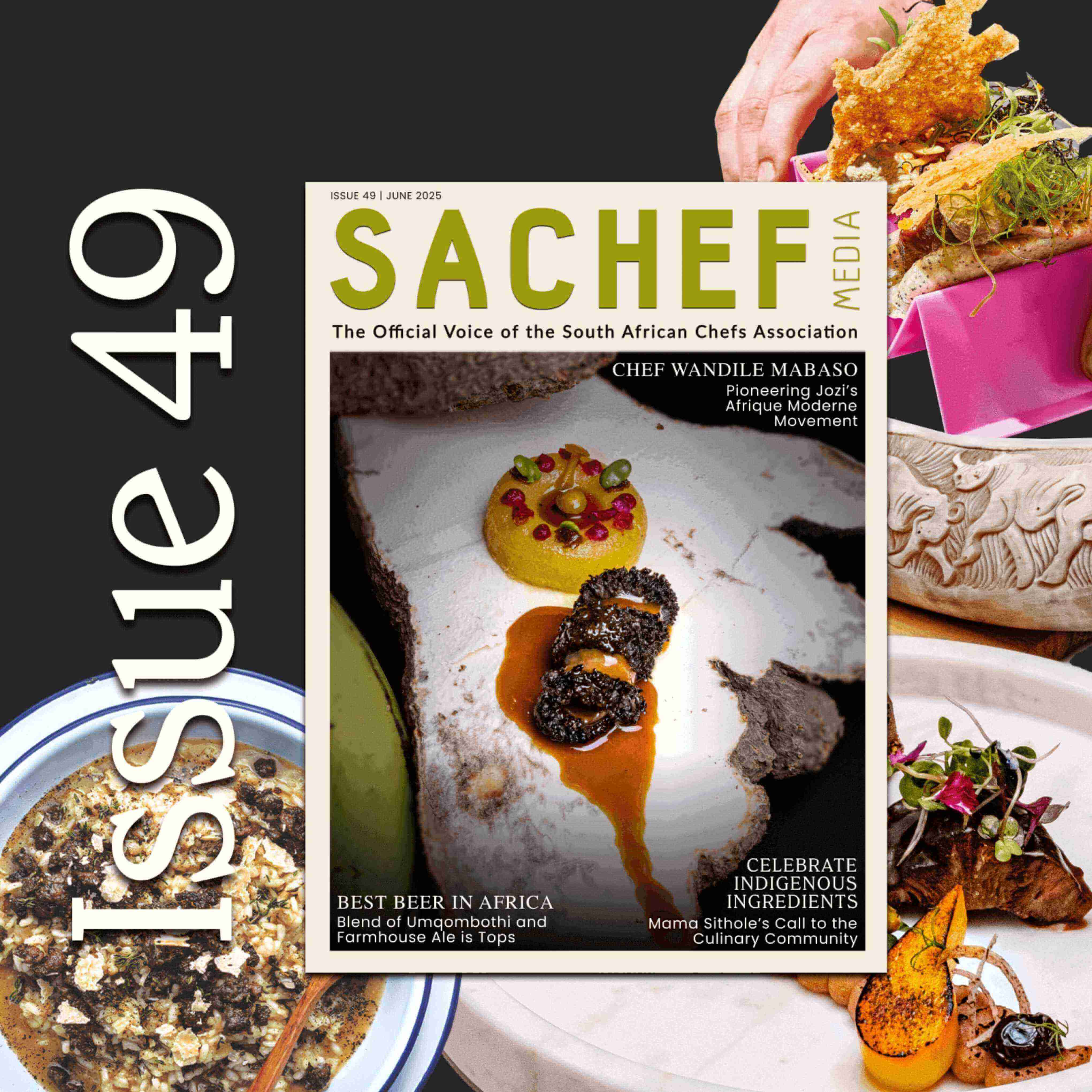The coronavirus pandemic has presented the South African government with innumerable challenges, having to balance between saving lives, rescuing an ailing economy and ensuring that the livelihoods of its citizens are protected.
President Cyril Ramaphosa recently announced that unemployment has risen to 30.1%, leaving more than 7 million South Africans without a means to make ends meet. It is clear that these unemployment figures will continue to rise due to the restrictions that have been imposed on businesses, particularly on restaurants, taverns and the tourism industry.
The Restaurant Association of South Africa (RASA) stated that the lockdown measures threaten the livelihoods of 800,000 people employed in the industry. The National Liquor Traders Council (NLTC) says 10 000 taverns have already closed permanently and another 12 500 taverns are barely getting by. Tourism Minister Mmamoloko Kubayi-Ngubane highlighted that the South Africa’s tourism sector may have already lost an estimated R54.2 billion due to the lockdown.
According to Lucky Makhubela, legal expert and the founder of Makhubela Attorneys, there could be legal ramifications if things continue as they have, “The Covid-19 regulations have interfered with the right of people to earn a living, the Constitution guarantees the right to participate in any trade of your choice and earn a living.”
He said, “the legal action that can be taken is to challenge the regulations on the basis that the current regulations infringe on the right to earn a living and trade. However, they must demonstrate to the court of law how these regulations have unfairly discriminated against them and how it has interfered with these rights. No right is unlimited, one must show that the regulations amount to an unjust limitation of their rights as enshrined in the Constitution.”
Even though the rationale that the government has provided justifying why they have restricted certain sectors and banned alcohol, the core of the issue is the impact these regulations have on the livelihoods of those most affected. There is a probability that if and when legal action is taken against the state the courts will rule in favour of the complainants.
In order to ensure that the long-term effects of the current lockdown are neutralised the government will have to strike a balance between saving lives and sustaining livelihoods. Mr Makhubela stated that, “the government needs to ensure that the regulations they come up with are both reasonable and rational. The state should avoid putting forward regulations that appear to be reasonable but at the end of the day they are irrational. It is about ensuring that if the regulations limit rights, provisions need to be made that allow businesses to operate without compromising those rights.”
“It is a delicate balance to strike between ensuring that businesses are allowed to trade, also that consumers do not lose their lives in the process”, he said. However, when all is said and done, it is the responsibility of both the government and the citizens of South Africa to work together to fight this invisible enemy. Agreements need to be reached between the state and business owners that will ensure that both lives and livelihoods are prioritised and preserved.
Visit www.makhubelaattorneys.co.za for more information on this subject.









